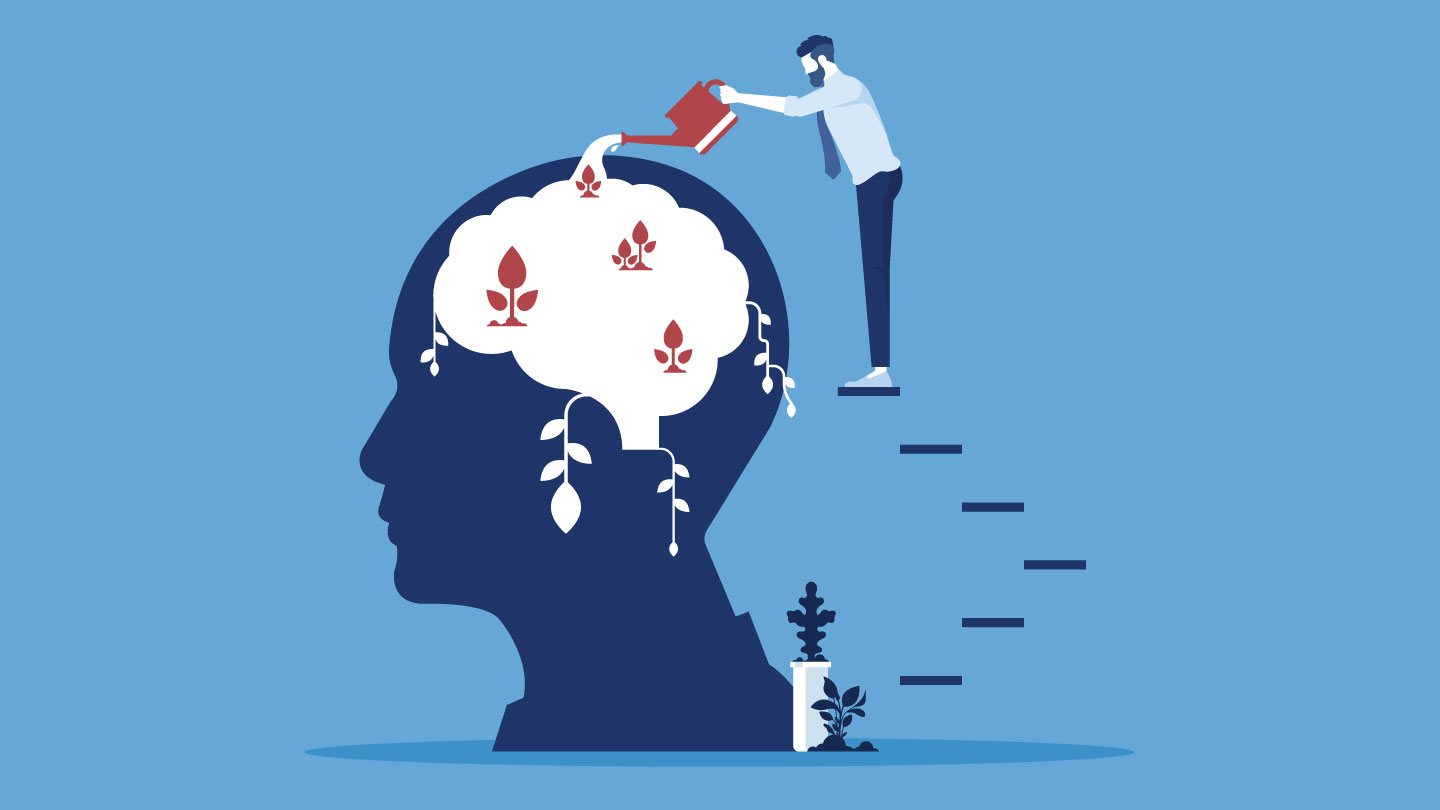Miscellaneous
Goal-Setting That Actually Works
Your brain is wired to resist change. Here’s how to outsmart it and finally achieve those lifestyle goals.

Your brain’s primary job is survival, not progress. Anything new (a morning walk, a healthier diet, a proper sleep routine) feels like a threat because it requires effort. The good news? With small, science-backed strategies, you can train your brain to choose what’s good for you, even on days when motivation is low.
Read on as we break down the brain science behind lifestyle change and give you practical, actionable tips to apply.
The Science of Setting and Achieving Lifestyle Goals
1. Start Smaller Than You Think: The 2-Minute Rule
Research from habit scientist BJ Fogg (Stanford University) shows that habits stick when they are tiny and instantly rewarding. When your brain sees a habit as ‘easy enough’, it doesn’t resist.
- If your goal is morning workouts: Start with just wearing your shoes and stepping outside your house. This gives the brain a psychological boost. Once you're out, you’ll naturally walk or head to the gym, with zero mental negotiation.
- If your goal is clean eating: Begin by adding one fruit with lunch or replacing one fried snack with healthier options like roasted chana. Share this with a friend to get that external ‘pat-on-back’. Small wins release dopamine, helping you stay consistent.
Related Story: Snack by the Hour: A Guide to Eating Nuts at the Right Time
2. Reduce ‘Activation Time’: Don’t Give Your Brain Time to Create Excuses
Your brain generates excuses during the gap between intention and action. Research on implementing intentions (Peter Gollwitzer, 1999) shows that removing friction reduces dropout.
- Keep your gym outfit, shoes, bottle, and socks next to the bed.
- Keep the lights slightly dim but on to reduce grogginess.
These micro-steps prevent your brain from drifting toward excuses like “It’s too cold”, “Just 10 more minutes”, or “I’ll go in the evening.”
Related Story: Solutions For Gym Anxiety
3. Attach a Goal to an Identity, Not an Outcome
Identity-based habits stick longer than outcome-based ones. Instead of “I want to lose 5 kg,” build the identity: “I am someone who moves daily.” You become what you say!
Replace the thought “I need to eat better” with “I am the kind of person who prioritises good nutrition.” Then follow one non-negotiable habit daily (e.g., warm water in the morning, 1 fresh fruit, 10-minute walk after meals).
Over time, the identity becomes stronger than the excuses.
4. Use Habit Anchors: Pair New Habits With Existing Ones
This idea is rooted in Ivan Pavlov’s Nobel Prize-winning research on classical conditioning (1904), which showed that the brain forms stronger habits when new behaviours are paired with existing cues. Modern habit experts like BJ Fogg and James Clear build on this principle to teach ‘habit anchoring’ or ‘habit stacking’.
- After brushing teeth → drink a glass of warm water
- After lunch → take a 10-minute walk
- After evening chai → stretch for 5 minutes
- After office login → 2 minutes of deep breathing
Anchoring eliminates decision-making fatigue.
Related Story: 5 Self-care Habits To Take Into The New Year
5. Use the ‘Environment Wins’ Rule
The environment controls your behaviour more than motivation. A study in the journal Environmental Psychology (2013) found that people make healthier choices when the environment supports it.
- Keep fruits visible and snacks out of reach.
- Keep your yoga mat open in the living room.
- Install a sleep lamp or keep your room cool to make falling asleep easier.
- Keep a 1-litre bottle on your desk to increase water intake naturally.
6. Use Social Accountability, But in the Right Way
According to research in the Journal of Applied Psychology, people stick to goals better when someone else is aware of their progress.
- Create a WhatsApp group with two friends for daily check-ins.
- Save your daily step count in a note and send it once a week.
- Enrol in a community workout or yoga class (we respond strongly to group energy).
Accountability is a powerful motivator.
Related Story: The Powerful Way Friends Improve Your Well-being
7. Anticipate Setbacks and Plan Responses in Advance
Your brain tends to relapse when tired, stressed, or hungry. Planning for obstacles creates neural shortcuts. Use If–Then Planning:
- If I’m travelling, then I’ll do a 10-minute hotel-room workout.
- If I crave sweets at night, then I’ll eat a date or gur peanut chikki.
- If I miss my morning walk, then I’ll take a 20-minute evening walk.
Achieving lifestyle change is definitely about being disciplined, but you can be smart in understanding how your brain works and designing habits that support it. When you start small, remove friction, build identity-based habits, and shape your environment, long-term change becomes natural, not forced.
Want to build healthier routines without overwhelm? Our experts at UR.Life create personalised nutrition, fitness, and lifestyle plans based on your goals, schedule, and biology.
EXPLORE MORE
Every January, health resolutions surge by week three, and most disappear. For organisations, this drop-off exposes what’s broken in preventive healthcare and behavioural engagement systems.
From sculpted skin to better circulation, gua sha has become the face of modern lymphatic wellness. Here’s what actually works, why it matters, and what science really says.
From science-backed skincare to joy-led movement and mindful indulgence, 2026 is about doing less, but doing it better.
Winter doesn’t lower immunity by default; disrupted routines, indoor living, and chronic stress do. Here’s how families can protect their immune health with habits that work quietly but consistently all season.






.jpg)
